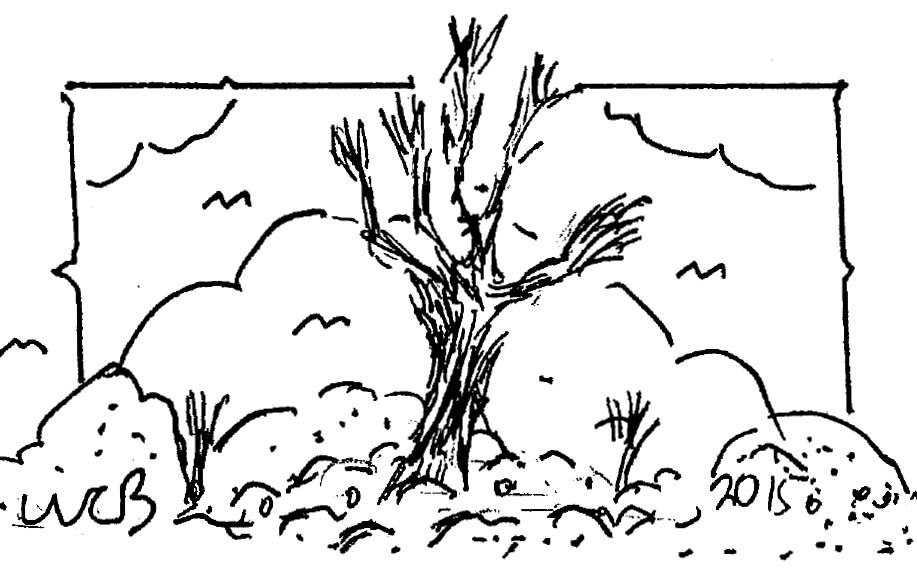Dirt Law at Ground Level
September 28 - October 4, 2015
No house, no warranty
By W. Christopher Barrier
Mitchell, Williams, Selig, Gates & Woodyard, P.L.L.C.
When “Coon Dog” Twichell opened his law office midmorning, he found his friend and client Happy N. Phill on his front step, looking decidedly unhappy.
“I’ve been sued!” explained Phill, waiving his summons. Twichell set him down long enough to read it. It seemed that Crit Roberts had bought a lot from Phill and was now making a claim against Phill under his implied warranty of workmanship that all builders and developers and even most homebuyers were familiar with. Crit had unstable soil problems with the lot.
Phill was especially upset because the lot was a “scrape off” and he had left the demolition and leveling to an unfamiliar contractor that Phill suspected had cut corners, burying stups and such like.
Twichell also suspected that his friend was feeling at least a little guilty about the scrape off, although he assured Phill that at least some lots needed scraping. He also assured him about the land.
“For the warranty to apply,” said Twichell, “you have to sell property to an intended user; who couldn’t use it because of defects; defects the buyer was unaware of; which cost money to fix.”
The warranty, he continued, simply did not apply to a lot, since Crit could walk the lot as easily as Phill and could have negotiated a specific requirement regarding soils tests. The same considerations would apply, he continued with regard to a conventional previously undeveloped lot.
The absence of any real “workmanship” meant no one-year warrant applied, including one as to the contractor’s substandard work. Which made Phill happy after all.
Chris Barrier is a Little Rock real estate and business lawyer.



